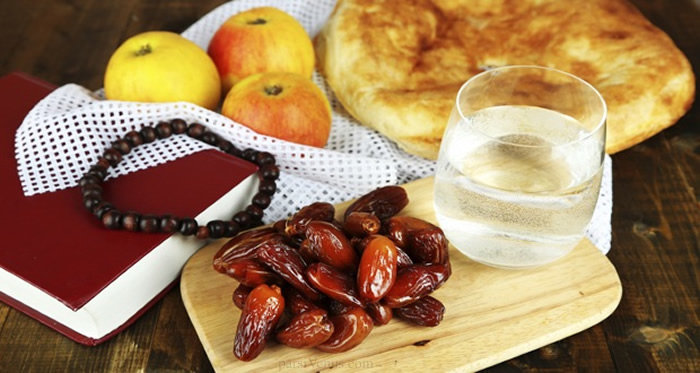Health tips for Ramadan
Part 7

Ramadan is a holy month of fasting, introspection and prayer for Muslims, the followers of Islam. Fasting is one of the five fundamental principles of Islam. Each day during Ramadan, Muslims do not eat or drink from sunrise to sunset. They are also supposed to avoid impure thoughts and bad behavior.
Muslims break their daily fasts by sharing meals with family and friends, and the end of Ramadan is celebrated with a three-day festival known as Eid al-Fitr, one of Islam’s major holidays.
For some years now the holy month of mercy is concurrent with long hot days in majority of Muslim countries and fasting during such long days appears to be much demanding.
However, following the Iranian traditional medicine advices for better fasting experiences would both ensure and enhance one’s health during and after the month of Ramadan.
Fasting is a treatment process
Fasting is a treatment course more effective than any anti-obesity or weight loss medications for excreting excess humidity, losing weight, and to achieve an even balance of four bodily fluids and correspondingly a balanced temperament.
One can spot signs of improvement upon their health by feeling lighter after fasting.
Fasting decreases humidity, increases warmness
Fasting decrease humidity and increases warmness in the body consequently those with wet, and wet and cold Mizaj would benefit fasting the most.
Do not overeat
Eating as much as one used to eat before Ramadan, from Iftar to Suhur, is a huge mistake as it both contradicts the true purpose of fasting- which is to practice abstinence- and cause harms to the body.
Consuming too much tea, water, watermelon increases thirst
Consuming too much tea, water, and watermelon at Suhur does not quench thirst, it rather leads to increased urination and inevitably increases thirst during the day.
Seyed Mahdi Mirghazanfari, MD, holds a PhD degree in medical physiology and is an Iranian-Islamic traditional medicine researcher. He is also an assistant professor in AJA University of Medical Sciences, Tehran.
MQ/MG
